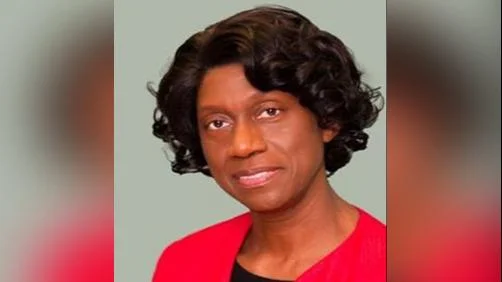
Esther Quintero Senior Research Fellow | Albert Shanker Institute
Over the past several decades, the gap in K-12 education spending between states has widened, according to a recent analysis of state-level data. The divergence began to accelerate after the 2007-09 recession, as some states resumed pre-recession investment in public schools while others did not.
A review of predicted per-pupil current spending—adjusted for factors such as labor costs, population density, and enrollment—shows that during the 1990s and early 2000s, most states clustered closely together in terms of school funding. However, since then, a clear separation has emerged. By the mid- to late-2010s, about a dozen states had significantly increased their investment compared to others.
The recession played a major role in this trend. "The recession hit states hard and for a prolonged period of time. You can see this reflected in the dip of the mass of states starting in 2009. Once their economies began recovering, however, some states, such as Connecticut and Massachusetts, reinvested in their public schools, resuming their pre-recession spending growth trajectories. Other states, such as Arizona and New Mexico, did not, and they stagnated. By the time we get to the mid- to late-2010s, there is a clear group of about a dozen states that had broken away from the pack, in some cases by large margins."
Policy decisions at the state level have also contributed to these differences. In several lower-spending states where tax and spending cuts have been implemented, public services—including education—face additional pressure. The end of federal pandemic aid may further impact these lower-spending regions.
While higher-spending states like Connecticut and New Jersey benefit from larger economies that provide more revenue for schools, other lower-spending states such as Arkansas and Mississippi devote significant portions of their smaller economies to education but remain constrained by limited resources.
"There have always been differences between (and within) states in how much they invest in their schools," notes one analysis. "Spending will always be determined to some degree by how much taxpayers are willing to shell out." School funding depends on both willingness and capacity; wealthier economies can raise more funds even if they spend similar shares.
Research indicates that school funding is an important factor influencing student outcomes; however, it is not the only determinant of educational quality or equity among districts within high-spending states.
Despite longstanding disparities across regions—and ongoing debate over what constitutes adequate investment—the growing divide raises concerns about increasing inequality in educational opportunity nationwide: "That said, the ongoing divergence is troubling. It is boosting the between-state component of unequal educational opportunity. It's very difficult...to see how this ends well."
Recent national evaluations led by researchers from organizations including the Albert Shanker Institute, University of Miami, and Rutgers Graduate School of Education have assessed K-12 finance systems across all 50 states plus Washington D.C., highlighting these trends (source). Comprehensive reviews continue examining how changes in school funding affect student achievement (source).
Projects investigating specific policy areas—such as reading-related legislation since 2019—are being conducted through collaborations involving researchers from New York University (Susan B. Neuman), Albert Shanker Institute (Esther Quintero), and University of Virginia (Kayla Reist).



 Alerts Sign-up
Alerts Sign-up